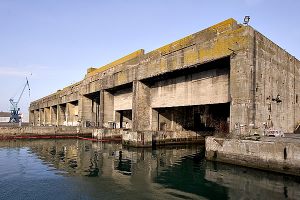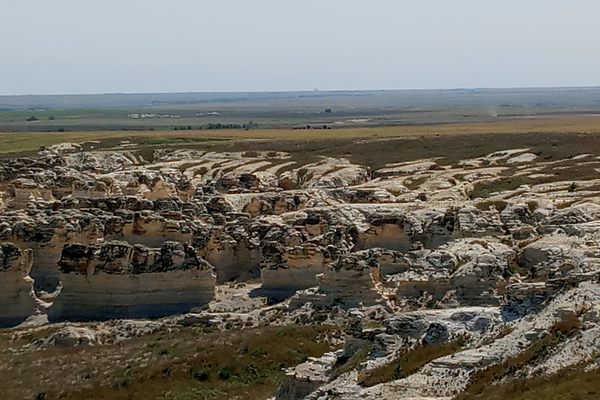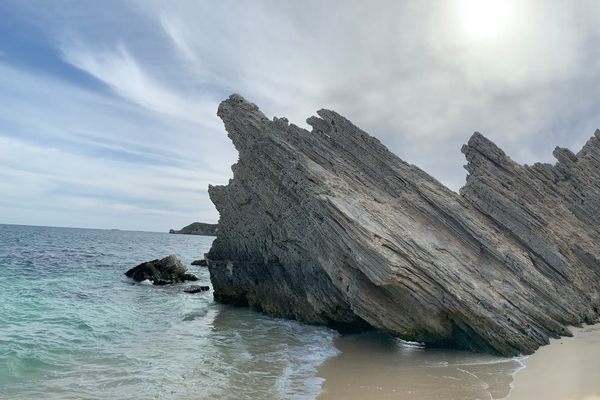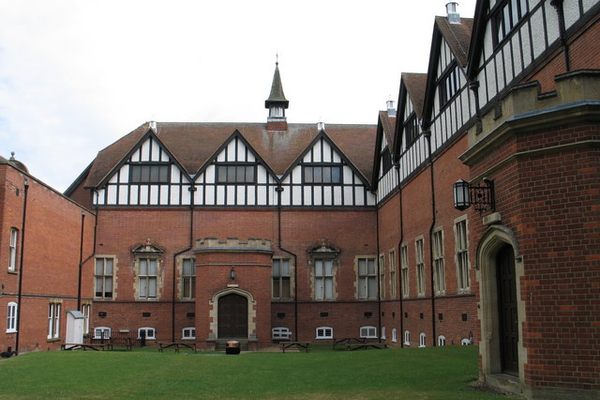About
Napoleon Bonaparte returned to France in 1801 after a failed campaign with ancient artifacts, including the Rosetta Stone, and possibly the camel which the general rode through the desert.
The Arabian camel stands taxidermied in the Musée africain de l'île d'Aix on the Île d'Aix in Charente-Maritime. The island is where Napoleon spent his last days on French soil in July of 1815, after his defeat at Waterloo, before being exiled to Sainte-Hélène. Although he was only there for a few days, he is commemorated both in the Musée africain and the nearby Musée Napoléonien, housed in the building where he stayed.
The Musée africain de l'île d'Aix was started in 1933 by the Baron Napoléon Gourgaud, the grandson of general Gaspard Gourgaud, a companion of Napoleon on Sainte-Hélène. The museum is in two former fisherman’s houses, and mostly contains Gourgaud’s hunting trophies from his two expeditions to Africa, as well as African artifacts and a fake taxidermy of a dodo bird largely composed of chicken feathers.
The camel is said to have been brought back to France in 1801 at the end of the Egyptian campaign and then lived at the Jardin des Plantes in Paris before its death. It was displayed at the Muséum National d’Histoire Naturelle and brought to the Île d'Aix in 1932. However, many believe that its Napoleon connection was invented by Gourgaud to bring more visitors to his museum.
The Napoleon fan Gourgaud also included in his museum a diorama of birds from Sainte-Hélène, the final animal companions of the French emperor.
Related Tags
Published
January 31, 2011
Sources
- Musée napoléonien et Musée africain: http://www.rmn.fr/Musee-napoleonien-et-Musee
- La Maison Bonaparte: http://www.musees-nationaux-napoleoniens.org/homes/home_id25138_u1l2.htm
- Musée national napoléonien de l'île d'Aix: http://www.napoleon.org/fr/magazine/musee/files/Musee_national_napoleonien_ile.asp
























